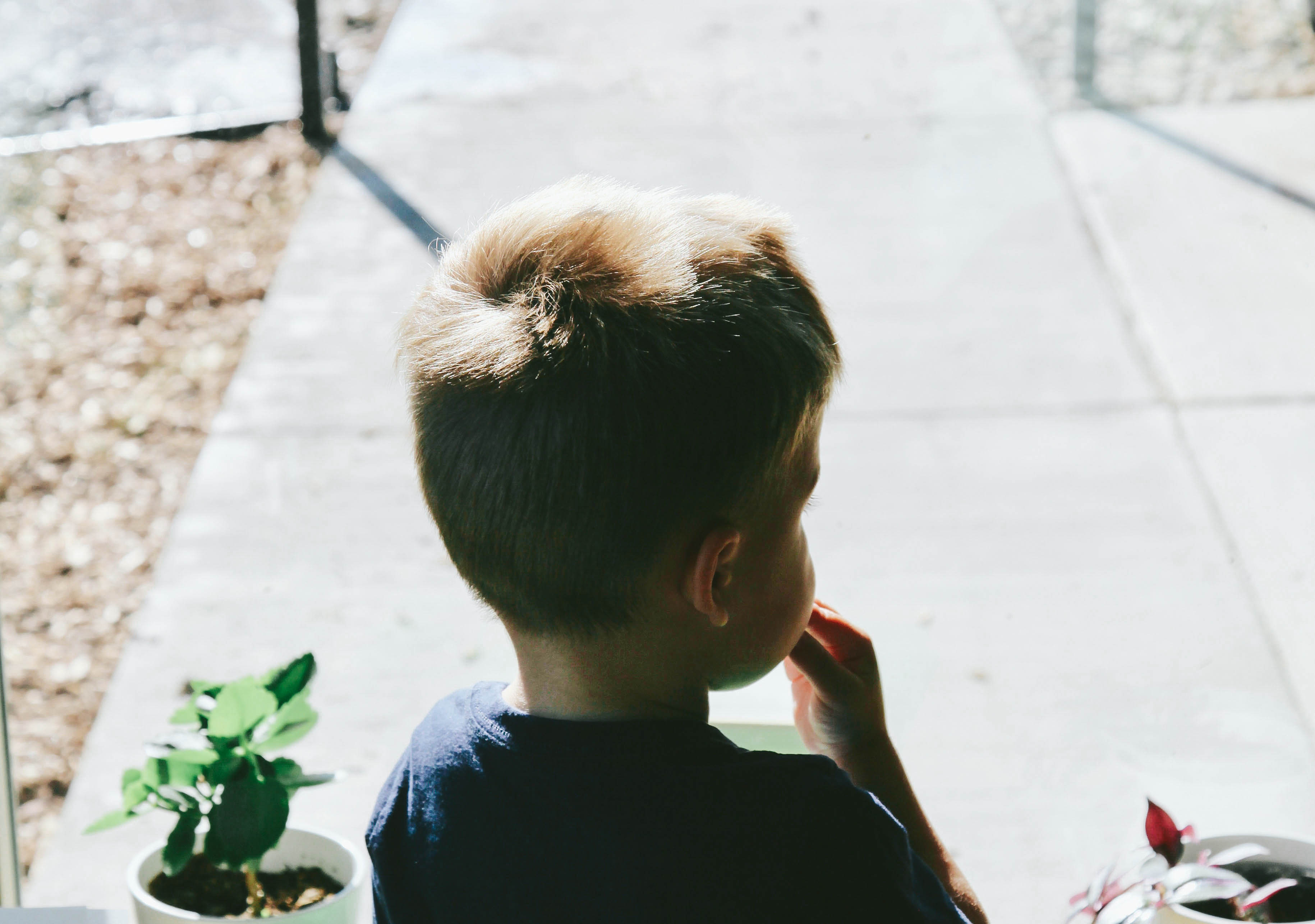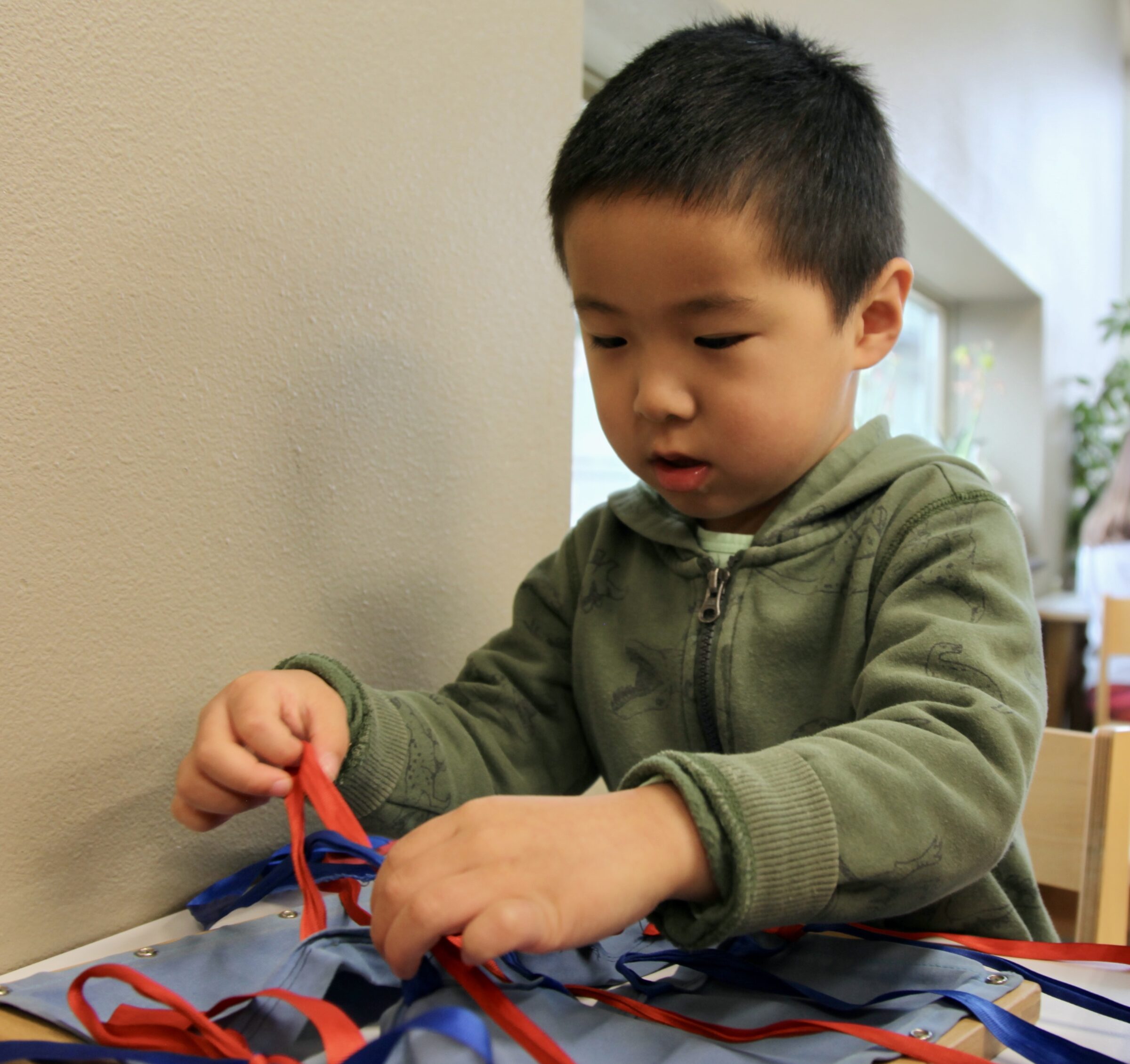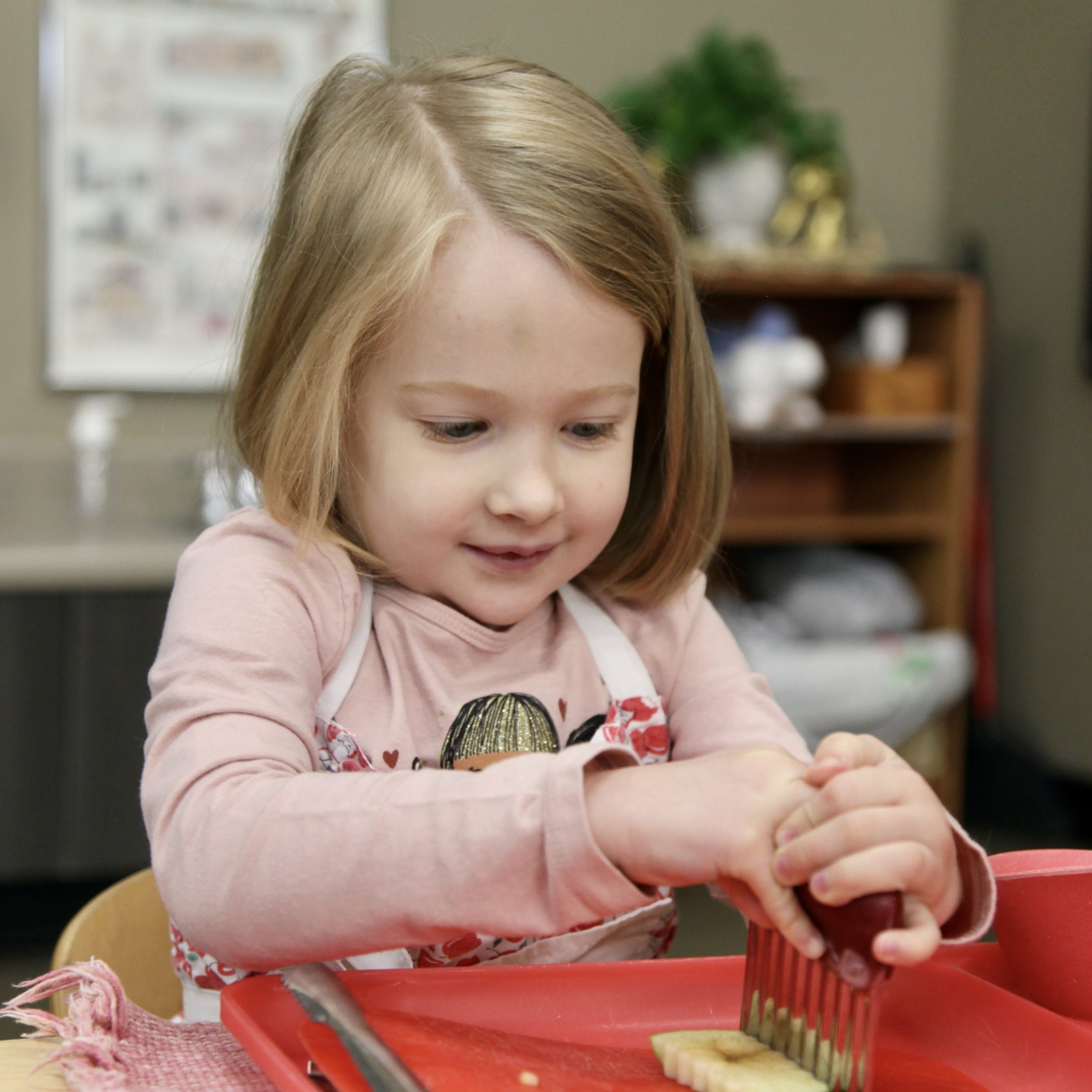Re-Framing Time Out
Thoughts & Reflections
We do not do time-out in Montessori. Time-Out, in the traditional sense, is adult-directed, a punishment, a band-aid on a bullet wound. “Time out” naturally brings to mind sports analogies, so here’s one. Even those of us who know very little about it know ice hockey is violent. Fans say it’s part of the sport, but even then there are times when the players are sent to the penalty box to cool off — the closest thing I can think of to how we use time outs with children. While it’s intended to diffuse the situation, those players are just looking at the clock, waiting to get back out there. As soon as they’re back on the ice, the fight picks up where it left off. If anything, things escalate. We can see the players fuming, readying themselves for the next round. It’s an arms race, and there are no winners.
When we think about the time outs we experienced as children, that time alone is stomach-knotting. You can sit and think about what you’ve done, and boy did we. When we felt justified in our anger and in our actions, we came up with all the things we should have done. We planned our running away. We thought about what we’d do next time to get away with it. We held court and our opening arguments were outstanding. No one stood a chance in the path of rage we were forming.
“It’s an arms race, and there are no winners”
We felt sick with guilt. We hadn’t done something bad, we WERE Bad. We would never be let back into our family. No one could ever love me again. It was an accident, it was a mistake, I promise I’ll never do it again! Those five minutes felt like five years in the black hole of loneliness. When we already felt bad about what we’d done, the punitive nature of time to think about what we’d done was lye on our hearts, and it ate us alive.
Let’s think of the ways coaches use time out. A pause to regroup. Let’s remind ourselves what we’re doing here. A water break, a bit of a breather.
We all need this! We come home after a long, arduous day, and our partner asks us what we’d like to eat for dinner and we simply cannot make one more decision, answer one more question. If we’re able to, we might ask for a minute to regroup or delegate, but so often our worst selves come out, since home is a safe place, and all the emotions we’ve kept in check throughout the day come flooding out, and the answer to a small question is far from small.
We’re facing a big challenge we can’t wrap our minds around, and we put it away, come back and suddenly it’s not so big. A coffee break in the middle of a big meeting. Even snapping at our partners so they leave us alone for a moment. It’s not the most positive choice, ideally we’d have asked for that rather than lashing out, but it got us what we want — a little bit of space. Even the most extroverted among us need just a bit of space sometimes, and introverts doubly so.
So often, the behaviors children (and adults!) engage in that get them put in time out are because time out is precisely what is needed. A pause, a breather, a bit of water and quiet time. Alone time isn’t punishment, it’s resettling.
Sometimes we need permission to put ourselves in time out. We need an out. Rather than escalating until we’ve been punished with being alone, we need permission, space, and the skills to say, “I’d rather be left alone right now.”
We can model this with children, we can give children the skills to self-regulate, too.
“Let’s think of the ways coaches use time out. A pause to regroup. Let’s remind ourselves what we’re doing here. A water break, a bit of a breather.”
I’m feeling a bit overwhelmed, I’m going to my room and I’d like to be left alone.
You look like you’re getting flustered. Would you like some quiet time, alone or together? Would you like a hug or would you prefer to not be touched?
When we notice these feelings and behaviors, in ourselves and in our children, we can help give them a safe outlet. Headphones and our favorite music. A short timer for alone-together time, such as 15 minutes of quiet independent play in the living room. A nap. A book and a hammock. Not wanting to be touched or spoken to until you’ve come out of your room.
Self-care is making the rounds as incredibly important for adults in this busy world we inhabit. It makes us nicer to be around. It helps us de-stress. When we respect ourselves we set better limits with others, we respect others better, we’re better partners in all our personal and professional relationships. Re-framing time out is self-care, and it’s a gift we can give our children as well as using ourselves.
You don’t need to do something naughty in order to get a bit of quiet time, and being alone isn’t a punishment. Even those of us who thrive in social situations will be alone sometimes, and we want our children to be comfortable with themselves, with quiet, with finding peace in the silence as much as in the laughter.
When time out is a punishment, we’re saying there is something you can do, there are ways you can act, that will break our relationship, which is not true for the bond between parent and child. We wouldn’t say to our children, “I just can’t stand to look at you,” which is a message of time out as punishment. Before things get to that point, we want to remind ourselves, it’s okay to not want to be sociable, both parent and child, both members of a partnership. It’s okay to want quiet and to be alone with your thoughts. It’s okay to want to spread out and think or not think. It’s okay to not want to share right now, or to play alone, or to have a little space. It’s not falling out of love, it’s love without nearness, unconditional love.
Time out as self care, as really an act of love, who knew.
Written by:
Charlotte Snyder



